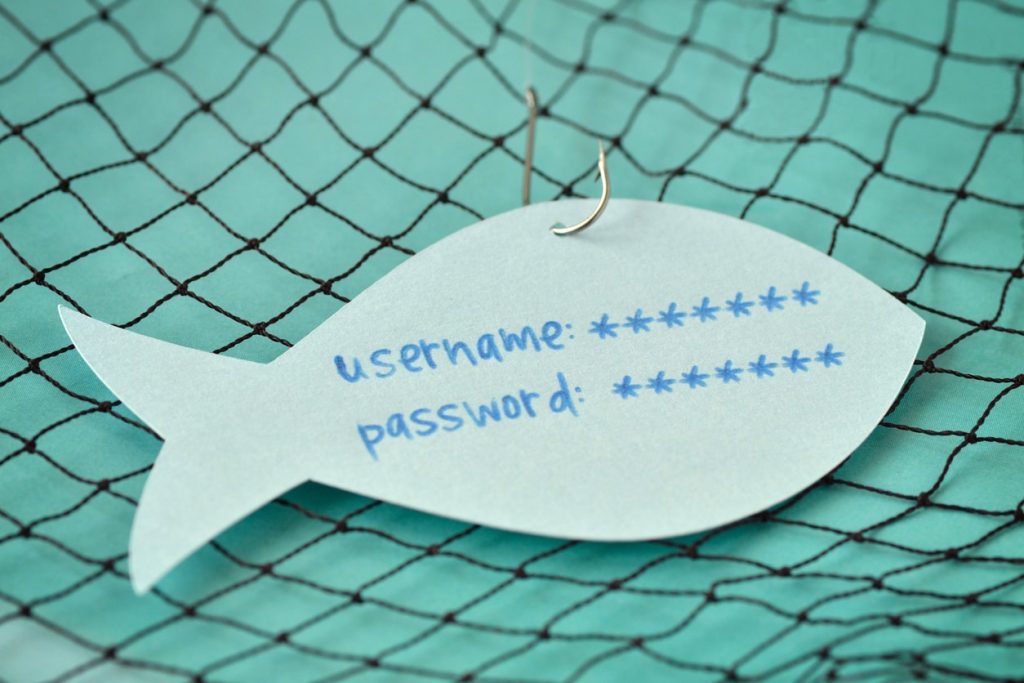Often lumped together with simple spam, phishing emails have a reputation for being poorly fashioned attacks that are easy for anyone to spot. The truth is that phishing has come a long way since its early inception, where it involved attempts to part people from their money using bad English and obvious imitations of official branding, like logos and company colours.
Today, phishing is a highly specialised attack vector that has been perfected to bypass protective filters and fool even the most adept cybersecurity experts. Instead of simply trying to fool people into making payments, the newest forms of phishing have different objectives in mind – to steal data and credentials, and to spread malware.
In the next sections, we’ll take a look at some of the critical implications of phishing attacks, which make them exceptionally harmful to world governments, local authorities, education institutions and enterprises of all sizes, from sapling start-ups to massive multinational corporations.
Credentials and data at risk
Using social engineering strategies, modern phishing emails often appear to be from a trusted source, often conning recipients into taking actions that harm themselves and the companies or departments they work for. Malicious senders pose as upper management, customers or well-known organisations, fooling users into simply answering sensitive questions they shouldn’t.
Other attack forms are less direct. Links may be included as shortcuts for users, but if taken, they are redirected to phishing websites designed to look exactly like commonly used login pages. When the target enters their username and password, the hackers behind the strategy harvest their private credentials and use them to access the real online accounts.
If the victim employs the same passwords across numerous accounts, the damage caused by a successful attack can be multiplied significantly.
A threat to systems, devices and data files
While some phishing attacks seek to steal credentials, others use links in emails and attached files to launch a different threat. If the recipient takes this unfortunate action, such as downloading a document or clicking on a link, instead of being redirected, a trap is sprung, and malware downloads on to the user’s device. This malicious software may be spyware that watches user activity or a computer virus that infects other machines on the network. Recently, ransomware has become infamous as a payload of phishing attacks, encrypting important data files and locking users out of the critical systems their company or organisation needs to operate.
Keep your data safe from cybercriminals
Local authorities and businesses looking to ensure the data they use and retain is safe can benefit from Galaxkey’s secure workspace. Council teams and enterprise staff alike will find it packed with innovative and invaluable tools capable of preventing private documents and confidential correspondence from being disclosed, putting personal data in danger.
Our system features electronic signatures that verify access rights, along with state-of-the-art encryption that can make contracts, invoices, purchase orders, emails and their attachments entirely illegible to all but those with appropriate permissions. Get in touch today to experience all our protective platform has to offer first-hand with a free trial.



